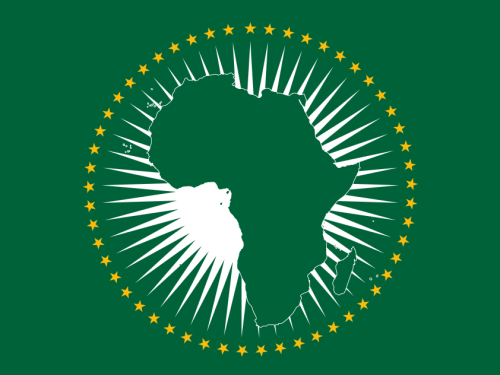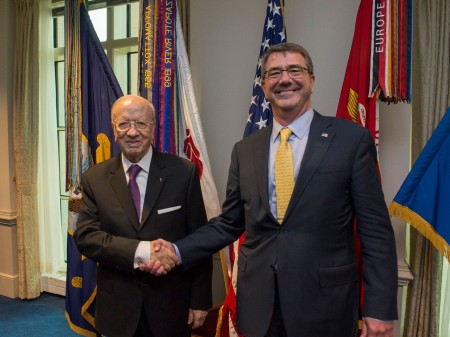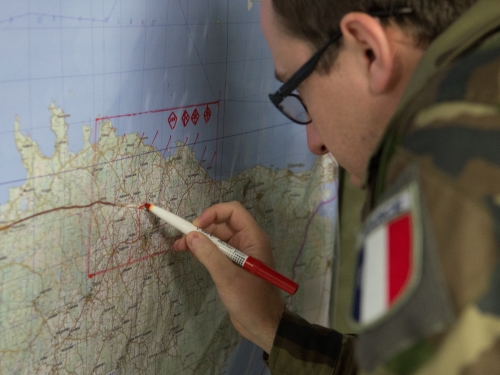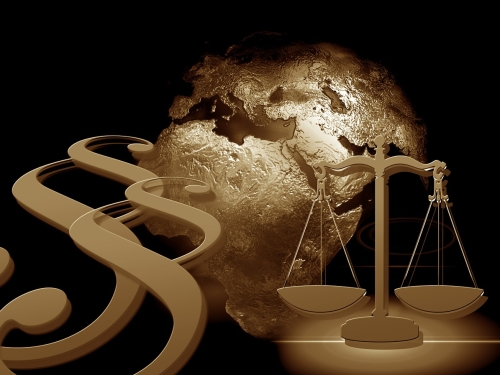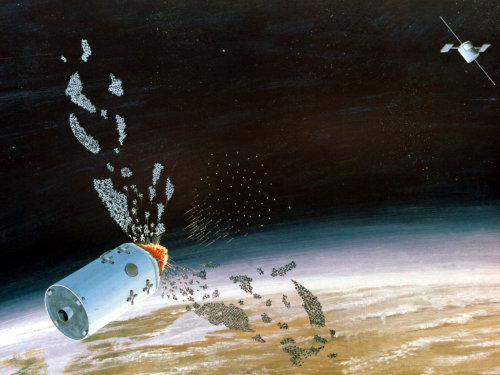
This article was originally published by Defence-In-Depth on June 10, 2015.
The politics of war and peace in space is an overlooked field. Space is a quiet and lonely place in war studies – despite space systems performing critical infrastructure roles in war, peace, politics, economics, and nuclear stability. In the mid-1990s John Sheldon and Colin Gray bemoaned the fact that there is no ‘Mahan for space.’ Neither writer apparently considered the possibility that they had answered their own plea, or in other words, that there is a Mahan for space: it’s Alfred Thayer Mahan. The 19th century navalist is one of a constellation of strategic theorists (such as Clausewitz, Castex, Corbett, to name the most prominent) whose work I am applying to create a spacepower theory intended to inform the diverse strategic problems conflict in this new medium might pose.

